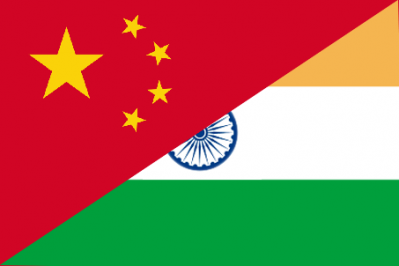India could turn attention to excipients
market for active pharmaceutical ingredients, but recent
developments suggest that companies in the country may be gearing
up to play a similar role in inactive ingredients.
The South Asian Pharmaceutical Excipients Council, an association of excipient manufacturers and traders, is asking the government to develop a set of guidelines and standards for the manufacturing of excipients in India.
At present, the level of excipient production within India is dwarfed by the API business, and the country's drug industry is forced to import a lot of inactive ingredients.
There are also product quality issues in the domestic market, according to a Pharmabiz report. Excipients and additives are not just inactive materials but can also interact with pharmaceutical products, and the use of low quality and substandard excipients in pharmaceutical manufacturing can have dire consequences.
For example, in 1995, several children died in Haiti after taking a cough syrup containing toxic glycols. The tragedy occurred when a glycerol product contaminated with glycols, originally manufactured in China, was brokered by a European agent and delivered to Haiti labelled as a US Pharmacopoeia-compliant product.
Ajit Singh, managing director of Associated Capsules Group and the current chairman of SAPEC, said that a number of regulatory issues need to be addressed, not least the development of nomenclature and a basic definition of an excipient in the Indian legislature, and it was up to the industry to press the case. "It is time for SAPEC to wake up and act towards the growth of this unorganised sector," he said.
While the industry is still fragmented in India, the overall number of manufacturers of excipients and such materials has been increasing. As a result, SAPEC has decided to enlarge its membership and forge links with other parallel international organisations, including the International Pharmaceutical Excipients Councils in Europe and the US.
"We see a growing need for an active SAPEC and it needs to work closely with the governments of India and other South Asian countries in defining standards," said Singh. Part of this work will include the development and publication of monographs, and organising workshops to help companies raise quality and comply with international standards.
SAPEC was formally launched in 1998 and operates as a division of Pharmaceutical & Allied Manufacturers & Distributors Association Limited (PAMDAL).









